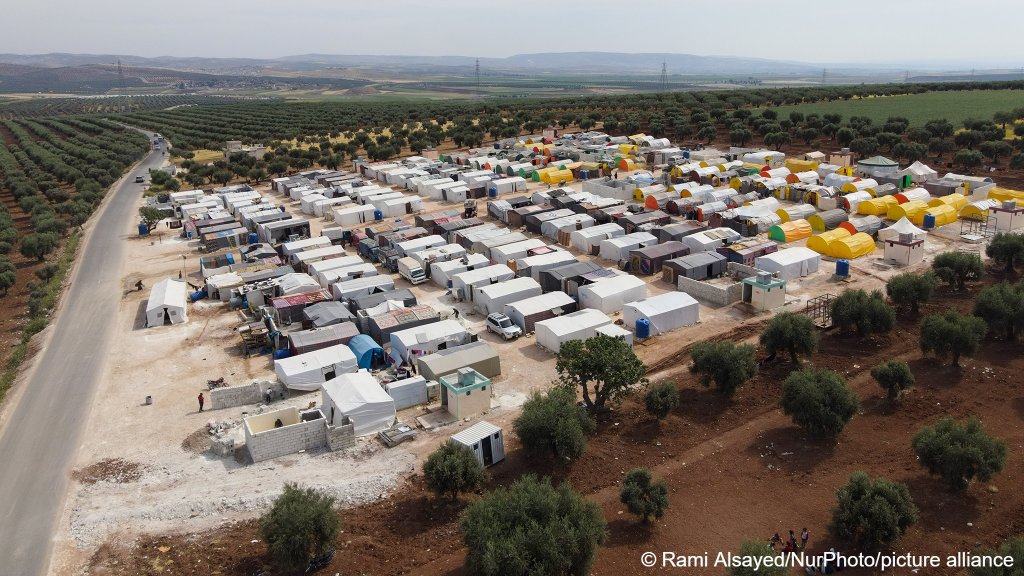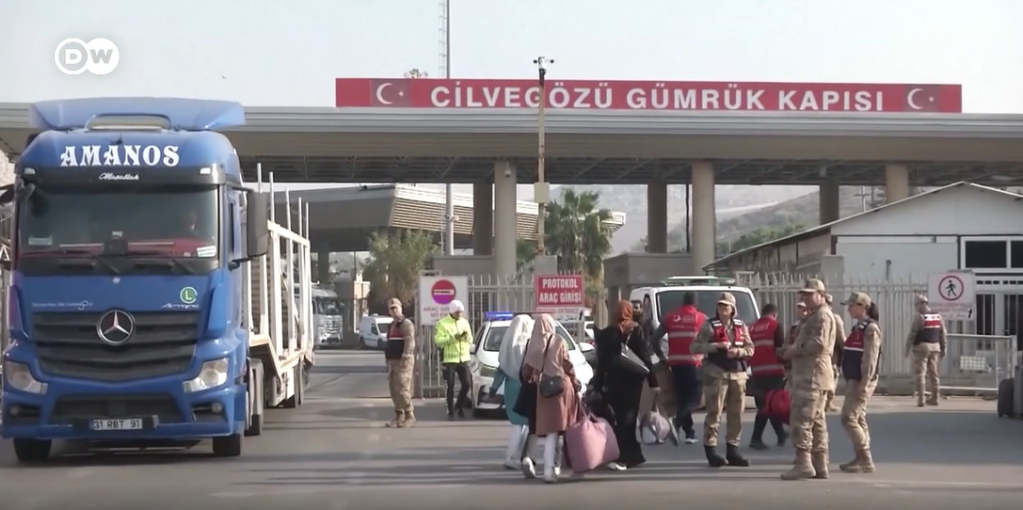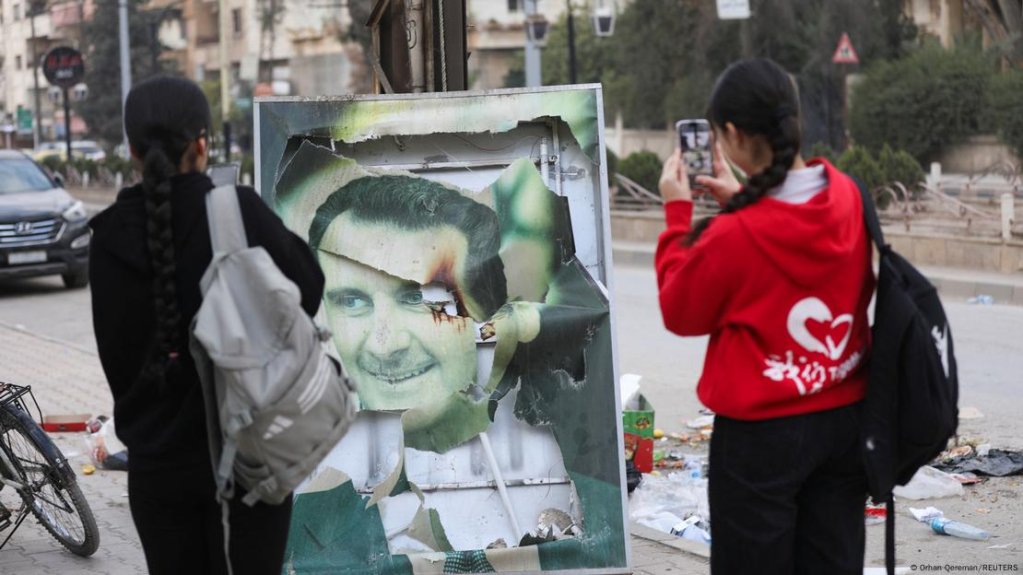Over 175,000 Syrians have reportedly returned to their country voluntarily from neighboring Turkey since the fall of long-time Syrian ruler Bashar al-Assad in December 2024, according to official figures.
Turkish Interior Minister Ali Yerlikaya announced on Wednesday (April 16) that a total of 175,412 Syrian nationals had returned to their home country between December 9 and April 13 in a "voluntary, safe, dignified and orderly" manner.
On the social media platform X, the minister added that "the date of December 8, 2024 marks the ending of an era and the beginning of a new one," referring to the date of Syria's liberation from Assad.
Yerlikaya added meanwhile that about 2.8 million Syrian refugees, who had fled to Turkey to escape the civil war which had been raging in their country since 2011, currently remained in the country.
Read AlsoVideo: Turkey – Syrian refugees at a crossroads
One million returnees expected in total in coming months
According to the UN refugee agency UNHCR, around 400,000 Syrians have returned in total from various neighboring countries since December last year. The UN agency believes that by September, the total number of returnees to Syria will be around one million.
In addition, more than one million Syrians who had been displaced by the civil war within the country have also since returned to their homes, according to UNHCR.
However, many of them are facing dire conditions after years of death and destruction.

Read AlsoSyrian civil war refugees begin to return home
A broken country to return to
Turkey has been focusing on trying to get as many Syrians as possible to go back following the fall of the Assad regime. Even prior to Assad's departure, President Recep Tayyip Erdogan had invested efforts in encouraging Syrians to go back to safer parts of the country.
However, poor public infrastructure and remaining uncertainty about the future following nearly 14 years of civil war in Syria have kept many from deciding to return at this point.
This is only compounded by the problems of limited humanitarian aid, scarce employment opportunities and, perhaps above all, severe housing shortages, with 80 percent of Syrians reporting that their homes have been severely damaged or destroyed during the war.
The IOM has meanwhile called for more than double the funds made available to it to deliver sufficient aid to the Middle Eastern nation in these transformative months.

Read AlsoSyrian refugee in Turkey says he is not ready to return
Political uncertainty and doubts over long-term safety
In December 2024, fighters associated with the Hayat Tahrir al-Sham (HTS) movement liberated the Syrian capital Damascus, ending the decades-long rule of the Assad dynasty.
The group is seen as a militant group with roots in political Islamism, which also contributes to many people remaining on the fence about a potential return to Syria. Several countries have designated HTS a terror group.
Tensions since the takeover have resulted in dozens of deaths and further displacement, especially around the city of Latakia — considered to be a former Assad stronghold.

Furthermore, thousands of Syrians have in the past 14 years started new lives elsewhere in the world, where they may be running businesses or may have started families.
Many say they remain anxious about who will lead the country next.
Read AlsoSyrian doctors leave Germany to work for free at home
European Union: All eyes on Syria
Meanwhile, host countries in Europe have also reignited the debate on whether Syria might finally be a safe enough place to which to send people back.
Many EU countries have frozen asylum applications and are observing the situation on the ground in Syria, offering help in key areas of development in the meantime, such as healthcare.
There are also proposals to allow Syrian asylum seekers to return home for a short visit to allow them to assess whether a return would be feasible, in some scenarios even with a cash incentive if they decide to go back for good.
Ordinarily, people fleeing violence and persecution are not allowed to return to the country they escaped from, as this would void their protection status.
Read AlsoVideo: Syrian mayor of German town views Assad fall with caution
with AFP
